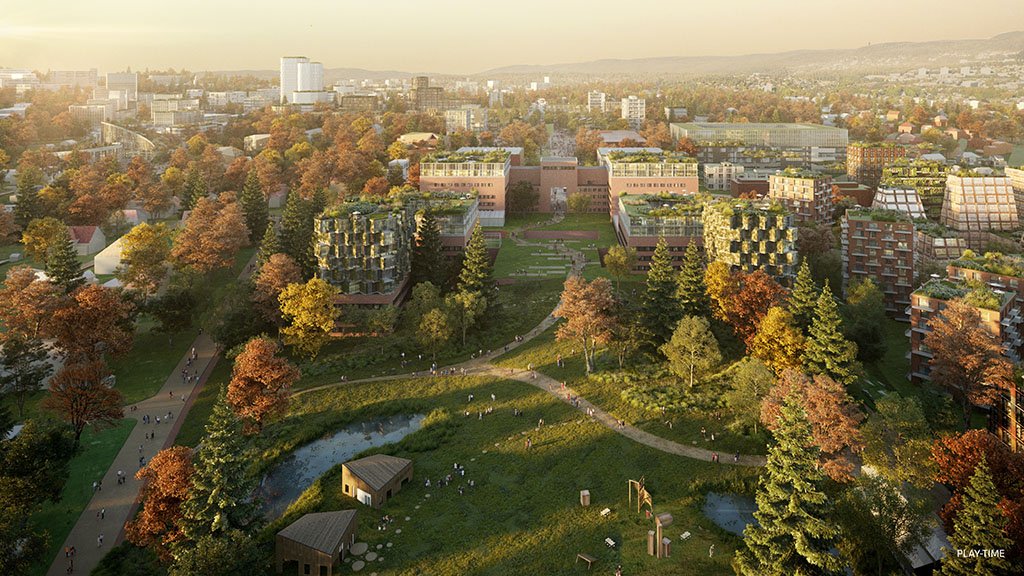Our highlights from 2021

What happened in and with our cluster in 2021? Here is a “pick and mix” of our many news from this year.
As the year is coming to an end, we would like to round it up with highlights from our news section. Like 2020, this year was influenced by the pandemic and the restrictions it put on our activities and meeting places – but this year, we were used to the new normal. As a result, we started the year with our main event, Cancer Crosslinks, as a completely digital experience.
Cancer Crosslinks 2021
On 21 January 2021, the Norwegian Cancer Crosslinks presented its 13th edition, focusing on Driving the translation of Scientific Insights Into Clinical Practice: From “Nice to Know” to “Need to Implement”. For more information about Cancer Crosslinks, have a look at the event’s website.
The goal of the Cancer Crosslinks meetings is to promote interactions between researchers and clinicians, as well as to encourage translational and clinical research, and new collaborations to advance the development of innovative cancer treatments. Cancer Crosslinks Norway has become one of the leading national meeting places gathering oncologists, hematologists, translational researchers, healthcare providers, regulatory experts, and industry representatives.
Next year, Cancer Crosslinks 2022 will be both a digital and on-site event, if Covid guidelines permit, on Thursday 27 January. Hope you will join us! Sign up here.
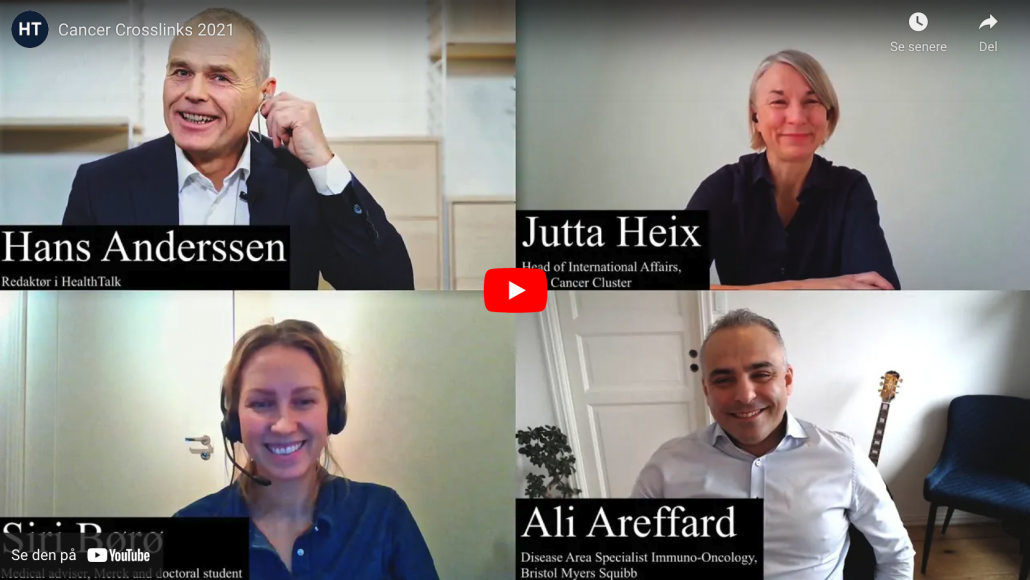
Three key people behind Cancer Crosslinks 2021, Jutta Heix, Siri Børø and Ali Areffard, were interviewed by Health Talk. Screenshot: Health Talk
A year of changes for the incubator
Oslo Cancer Cluster Incubator had a newsworthy year. They launched a new Accelerator programme for incubator start-ups – identifying, selecting, and developing promising innovations that will improve the lives of cancer patients. The aim is to make the projects attractive for private and public investments. You can read about the OCCI Accelerator in this news article from March.
In May, the incubator changed leadership, as Bjørn Klem resigned and Janne Nestvold and Ketil Widerberg took over as the new leadership duo of the incubator. You can read about that change in this article.
Finally, we wish to show off the drive and efficiency of the incubator team in another year of the pandemic, turning office spaces into needed laboratories! Have a look at this article to find out how they did it.
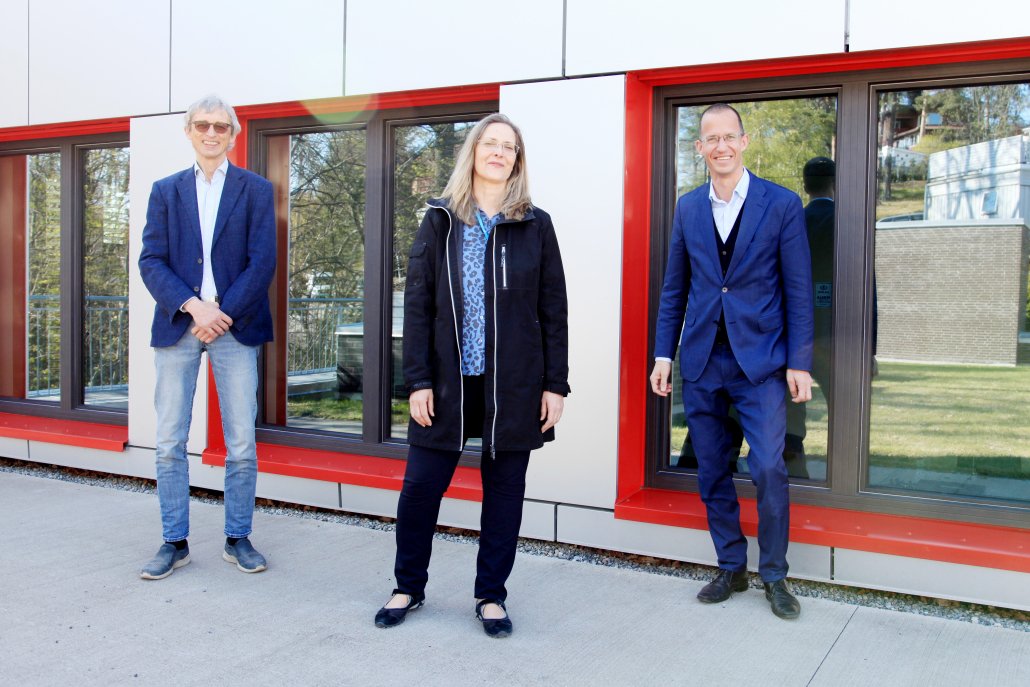
A new leadership duo from the right: Ketil Widerberg as new Chief Executive Officer (CEO) and Janne Nestvold as new Chief Operating Officer (COO). Former General Manager Bjørn Klem (to the left) went on to new adventures in the start-up scene in OCC Innovation Park, as the new CEO of AdjuTec Pharma.
School Collaboration 2021
The collaboration with Ullern Upper Secondary School was kept in shape during another fragmented school year, with new mentors for the older students in the programme. One of several articles written about this dynamic collaboration, is this one, about Pål Kristian Selbo, the new mentor from the Institute for Cancer Research at Oslo University Hospital. All the school collaboration articles are in Norwegian.
You can read all the articles on the school collaboration home page.
Being a Changemaker
Being a changemaker means that Oslo Cancer Cluster works towards improving the framework conditions for cancer innovations in the Norwegian health industry. During 2021, Oslo Cancer Cluster contributed to a total of eight public hearings about issues such as the outlook on Norway’s economy for the next forty years (Perspektivmeldingen), financial options for employees in start-ups and scale-ups, more available health data, the new plan for research and higher education, and the State Budget.
Read our political input and find out more about the role as a changemaker on this project webpage.
CONNECT up and running
While more than 30 000 Norwegians are diagnosed with cancer every year and the incidence is still increasing, more precise treatments can save lives. CONNECT is an initiative that was launched in December 2020, aiming to ensure that precision medicine reaches more cancer patients.
CONNECT, which stands for Norwegian Precision Cancer Medicine Implementation Consortium, is one of four interconnected initiatives that will ensure infrastructure and collaboration on diagnostics, clinical trials, implementation of advanced precision medicine, and use of health data e.g. for health economics analysis. In July 2021, five new partners joined the consortium, expanding the public-private space for discussions towards new solutions.
Read about the new partners in July in this article, and have a look at the CONNECT website, where all the partners are listed and the latest CONNECT news are released!
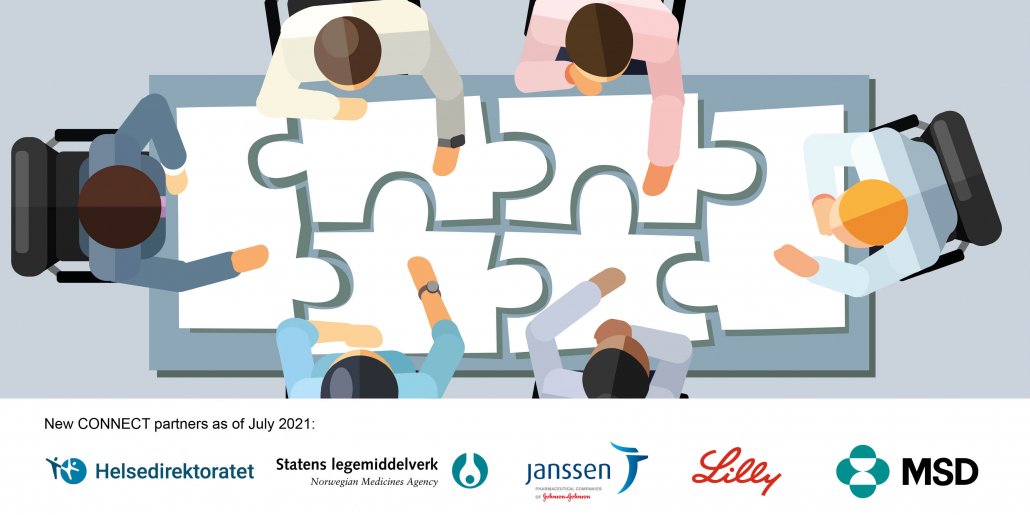
Meeting the members digitally
One of Oslo Cancer Cluster’s core activities is to set up meeting places for the members – and fill them with relevant topics and discussions. In 2021, our members joined us digitally for events that we typically have at the Innovation Park with food and mingling. One of these was the yearly Summer Gathering. Even though it was digital, we had a great group gathered, and we even got a visit from the Norwegian Minister of Research and Higher Education. Three new members were introduced at this meeting in June: Bio-Me, Daiichi-Sankyo, and OsloMet.
Read more about the members and the meeting here.
In December, we had even more new members to meet in our December Gathering, also a digital event. We are happy to announce that the following companies have joined us and been introduced to the rest of the cluster in 2021: OncoSyne AS, Do More Diagnostics, Comunin AS, Daiichi-Sankyo, OsloMet, Alv B AS, OÜ Antegenes, Norimun AS, Bio-Me AS, Nanostring Technologies Europe Limited.
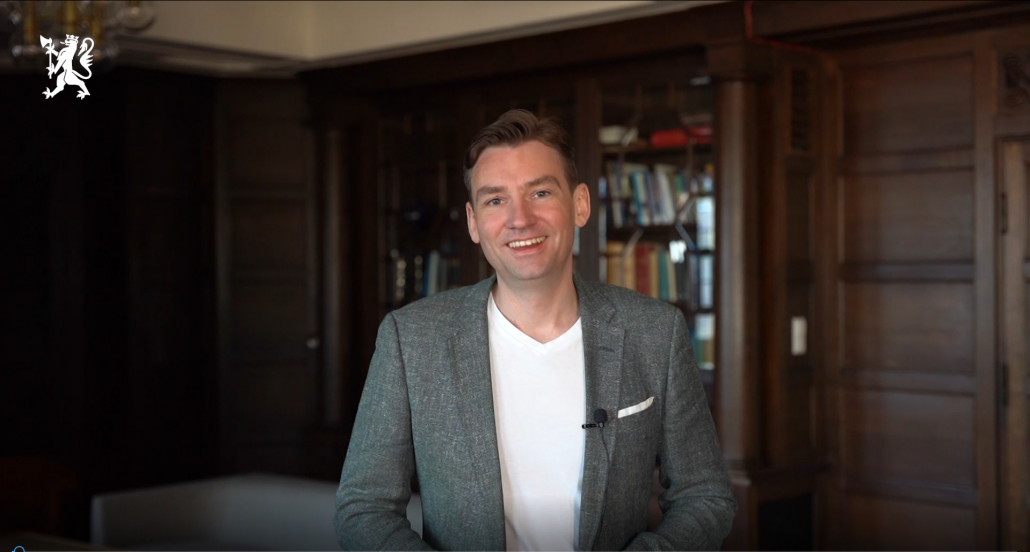
Henrik Asheim, the Norwegian Minister of Research and Higher Education in June 2021. Screenshot from our member meeting in June.
A year of good member news
It has been a good year for several of our members, and we wish to refer to some of their good news and highlights during 2021.
In October, Ultimovacs announced a new clinical study for lung cancer patients in Norway. This is the company’s fifth phase II combination study in lung cancer (non-small cell lung cancer, NSCLC). During the same month, the company also announced that they had had a successful private placement, raising NOK 270 Million in a significantly oversubscribed round, and had reached a significant milestone by receiving a dual Fast Track designation from the U.S. Food and Drug Administration (FDA). Read more about the Ultimovacs good news here.
Another of our member companies also had a round of good news this autumn. Vaccibody became Nykode Therapeutics, and entered into a collaboration with Regeneron, to develop innovative vaccines against cancer and infectious diseases. The deal is potentially worth over USD 900 Million. Read more about Nykode’s good news here (external link).
Last, but not least, researchers at Oslo University Hospital have received NOK 50 Million to form a Centre for Advanced Cell and Gene therapy (ACT-Centre) located in cleanroom facilities at the hospital. Among the investors were Radforsk and The Norwegian Cancer Society. The investment is dedicated to actions that strengthen the competence in cell differentiation, manipulation, and genomic editing under full-scale good manufacturing practices (GMP). Read more about this new centre here (external link).
Oslo Science City feasibility study
Oslo Cancer Cluster is a member of the innovation district Oslo Science City. At the very end of November, it released the new feasibility study for the innovation district. The ambition is to develop a world-leading innovation district in the Norwegian capital.
Oslo Science City is the first innovation district in Norway. It mobilises 7 500 researchers, 30 000 students, and 300 start-ups in developing ecosystems for innovation and green transformation, bringing together educational institutions, researchers, the business community, and the public sector.
You can read more, and find a link to download the study, in this article from the launch.
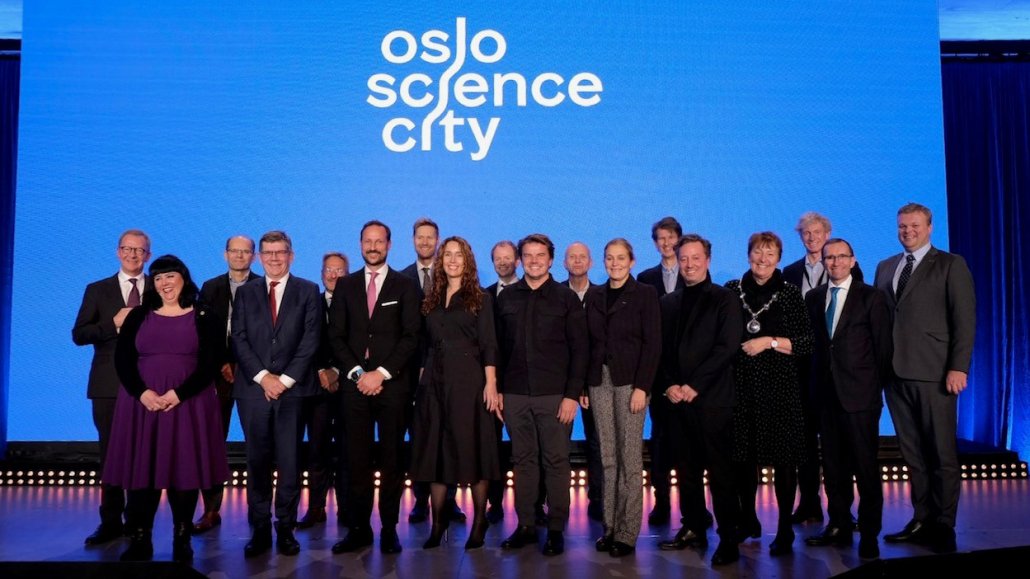
Group picture of the prominent guests and partners behind the study at Oslo City Hall. Photo: Oslo Science City
We became Mature
A shiny highlight for us, was when Oslo Cancer Cluster received the status “Mature Cluster” in the Norwegian Innovation Clusters programme. This happened in the middle of November. The mature cluster status is given to take advantage of the competencies and infrastructure that the clusters have developed over time. The goal is to allow for greater “industrial lifts” that contribute to the conversion and development of Norwegian industry.
We cannot wait to get started on our plans for 2022 as a Mature Cluster!
You can read more about the Mature Cluster Programme here.
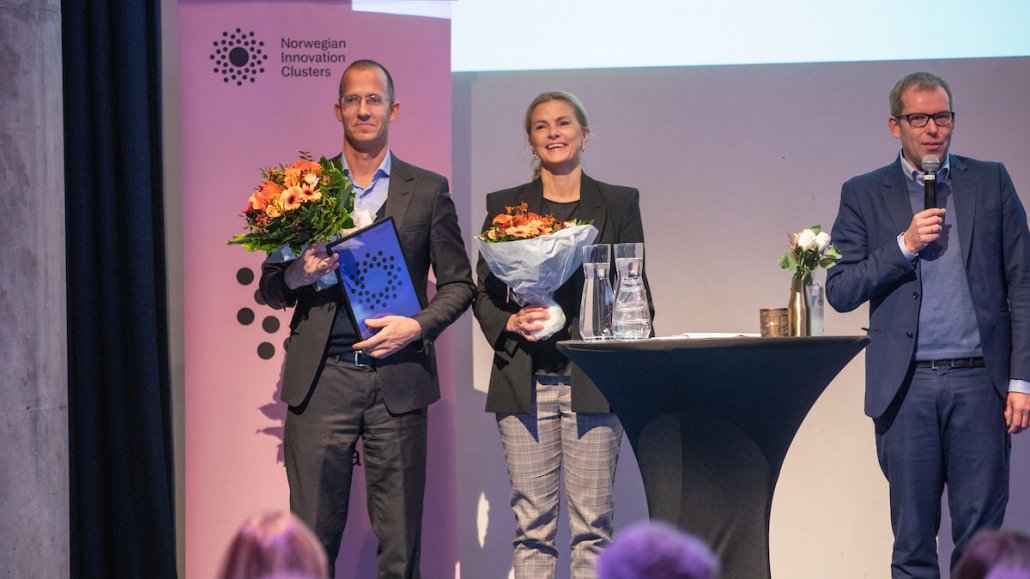
Ketil Widerberg, CEO of Oslo Cancer Cluster, and Lena Nymo Helli, CEO of Norway Health Tech, receives the new Mature Cluster status from Håkon Haugli, CEO of Innovation Norway. Photo: Tom Hansen



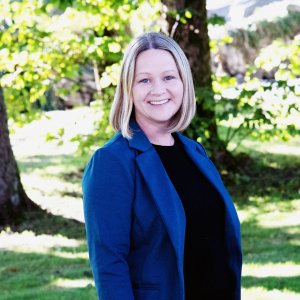
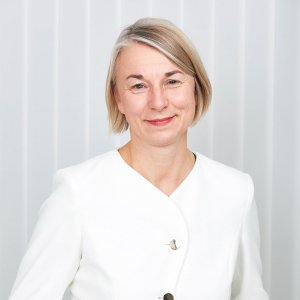
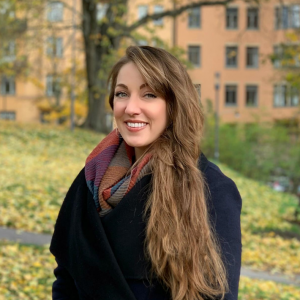
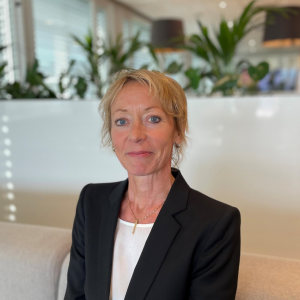

 Oslo Science City
Oslo Science City